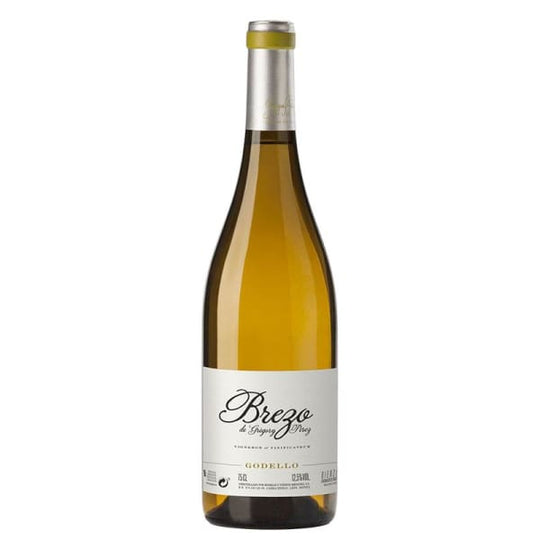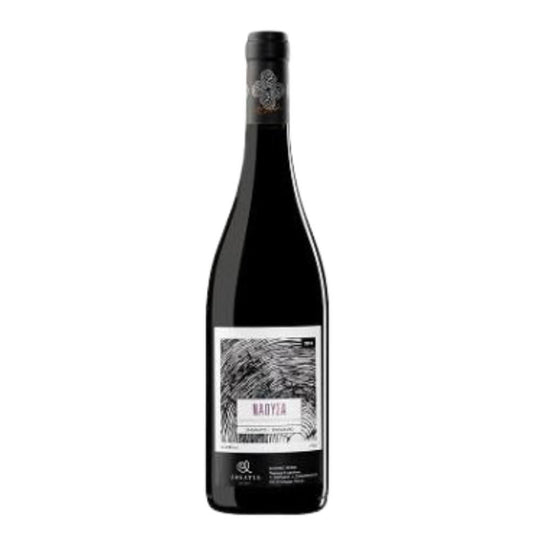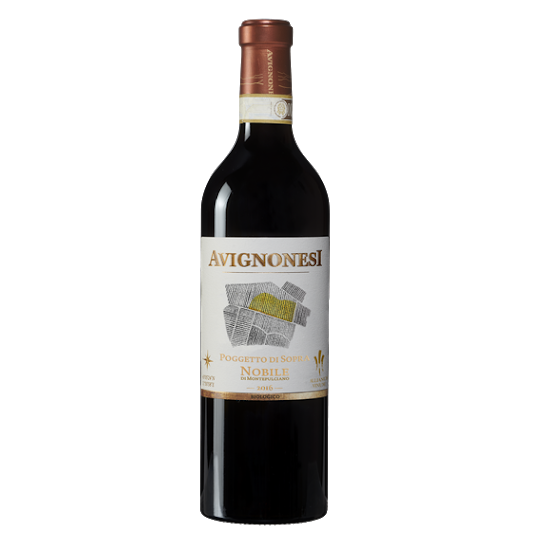Organic Wines
An organic wine is a wine made from grapes that have been grown without the use of artificial or synthetic chemicals, such as herbicides and pesticides. To keep the weeds and bugs at bay, organic farmers work with nature, rather than against it, by boosting their vineyard’s biodiversity. For example, they introduce cover crops to provide a habitat for beneficial insects that are the natural enemy of problem species, or have small sheep graze between the vine rows, eating the grass and weeds. In this way, the vineyard becomes a self-regulating, natural ecosystem, which is able to combat problems intrinsically and eliminates the need for artificial, and potentially toxic, chemicals.
Organic certification is a reliable stamp of approval that the wine has come from this type of vineyard. The regulations for certification differ from country to country and the application and certification process is expensive and time consuming (up to 7 years in some countries). Hence we have included wines which are organic but have either not yet been formally certified OR have chosen not to apply for certification. We know the growers and...
An organic wine is a wine made from grapes that have been grown without the use of artificial or synthetic chemicals, such as herbicides and pesticides. To keep the weeds and bugs at bay, organic farmers work with nature, rather than against it, by boosting their vineyard’s biodiversity. For example,...
Read More
























